Introduction
Projector screens are indispensable tools that enhance visual presentations, making them clearer and more impactful. Whether for live events, shows, or personal use, the right projector screen can significantly elevate the viewing experience. This article explores the various types of projector screens, their features, and their purposes across different applications.
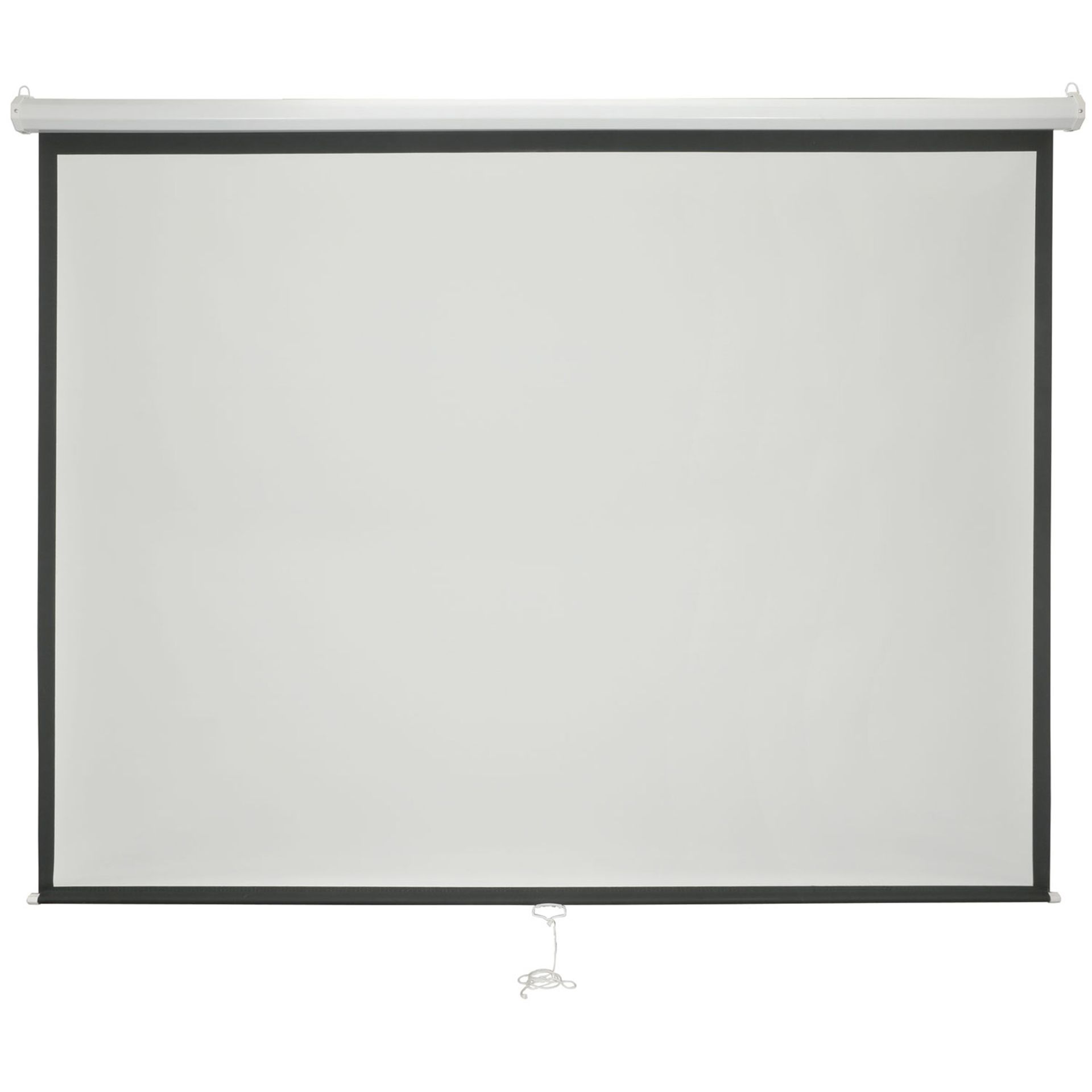
Understanding Projector Screens
A projector screen is a surface on which images and videos are projected for clear viewing. They come in various types and sizes, each designed to meet specific needs and environments.
Key Features of Projector Screens
Screen Material
The material of a projector screen plays a crucial role in determining the quality of the image projected.
- Gain: This refers to the reflectivity of the screen. High-gain screens reflect more light, making the image brighter.
- Texture: Smooth textures are ideal for high-definition images, ensuring clarity and detail.
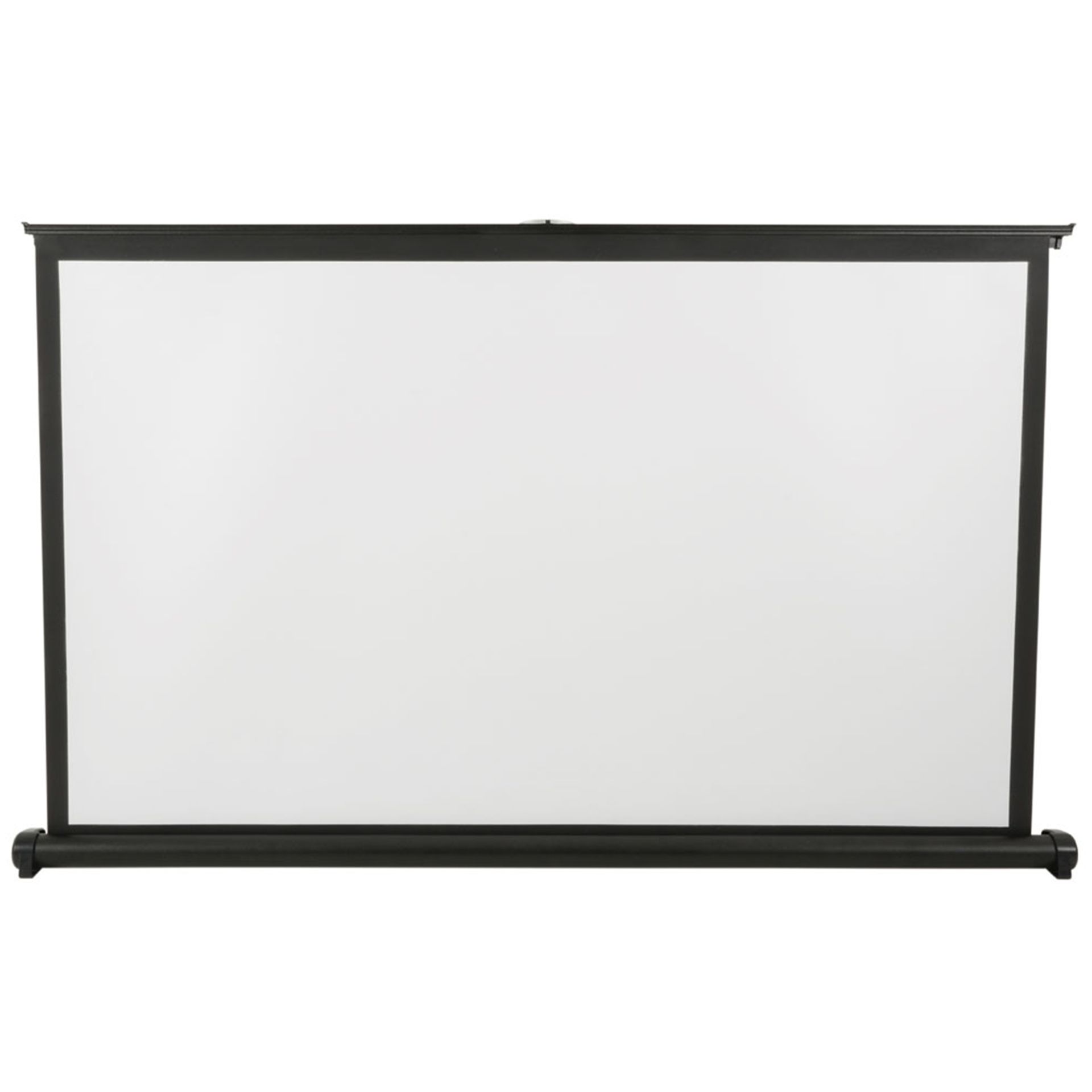
Screen Type
There are several types of projector screens, each suited for different purposes.
- Fixed Frame Screens: These are permanently mounted and offer a taut, flat surface for high-quality viewing.
- Pull-Down Screens: These can be retracted when not in use, saving space and protecting the screen surface.
- Portable Screens: Lightweight and easy to set up, these screens are perfect for mobile presentations and events.
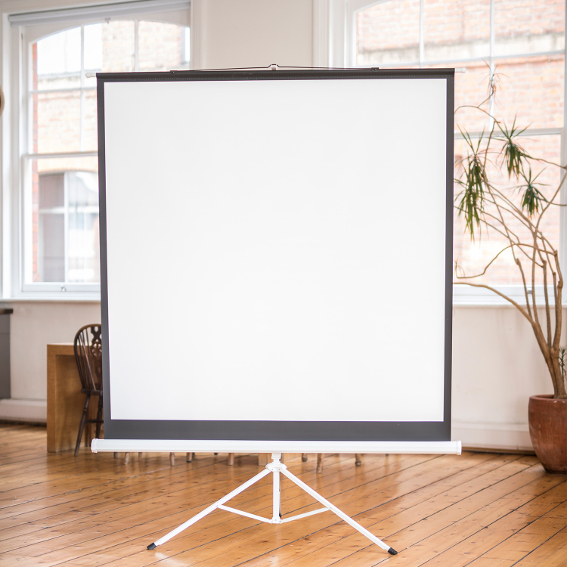
Purpose of Projector Screens for Different Applications
Live Events
In live events, projector screens are essential for ensuring that all attendees can see the visual content clearly, regardless of their location in the venue.
- Conferences and Seminars: Projector screens enhance presentations by displaying slides, videos, and other visual aids clearly.
- Concerts and Performances: Screens can be used to display live feeds, background visuals, and lyrics, adding to the immersive experience.
- Corporate Events: They are vital for product launches, shareholder meetings, and other corporate functions, ensuring that presentations are professional and engaging.
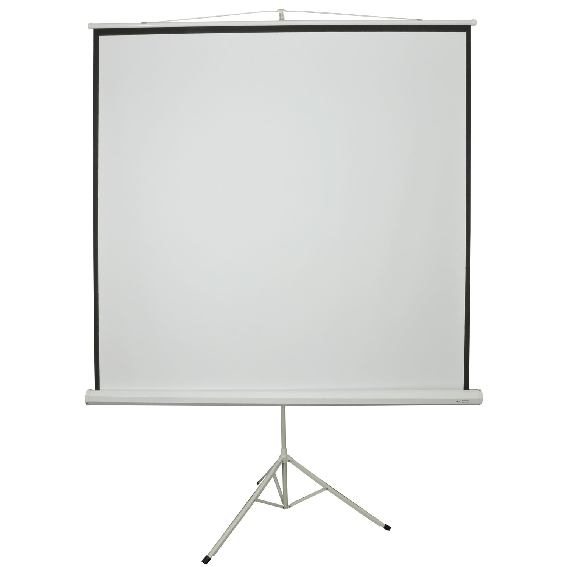
Shows
In theatrical productions, film screenings, and other shows, projector screens enhance the audience's experience by providing clear and vivid visuals.
- Theater Productions: Screens can be used to project backgrounds, special effects, and multimedia elements, enriching the storytelling.
- Film Screenings: A high-quality projector screen ensures that movies are displayed in their best possible quality, providing a cinema-like experience.
- Live Shows: For shows with multimedia content, screens are used to display videos and graphics, complementing the live performance.
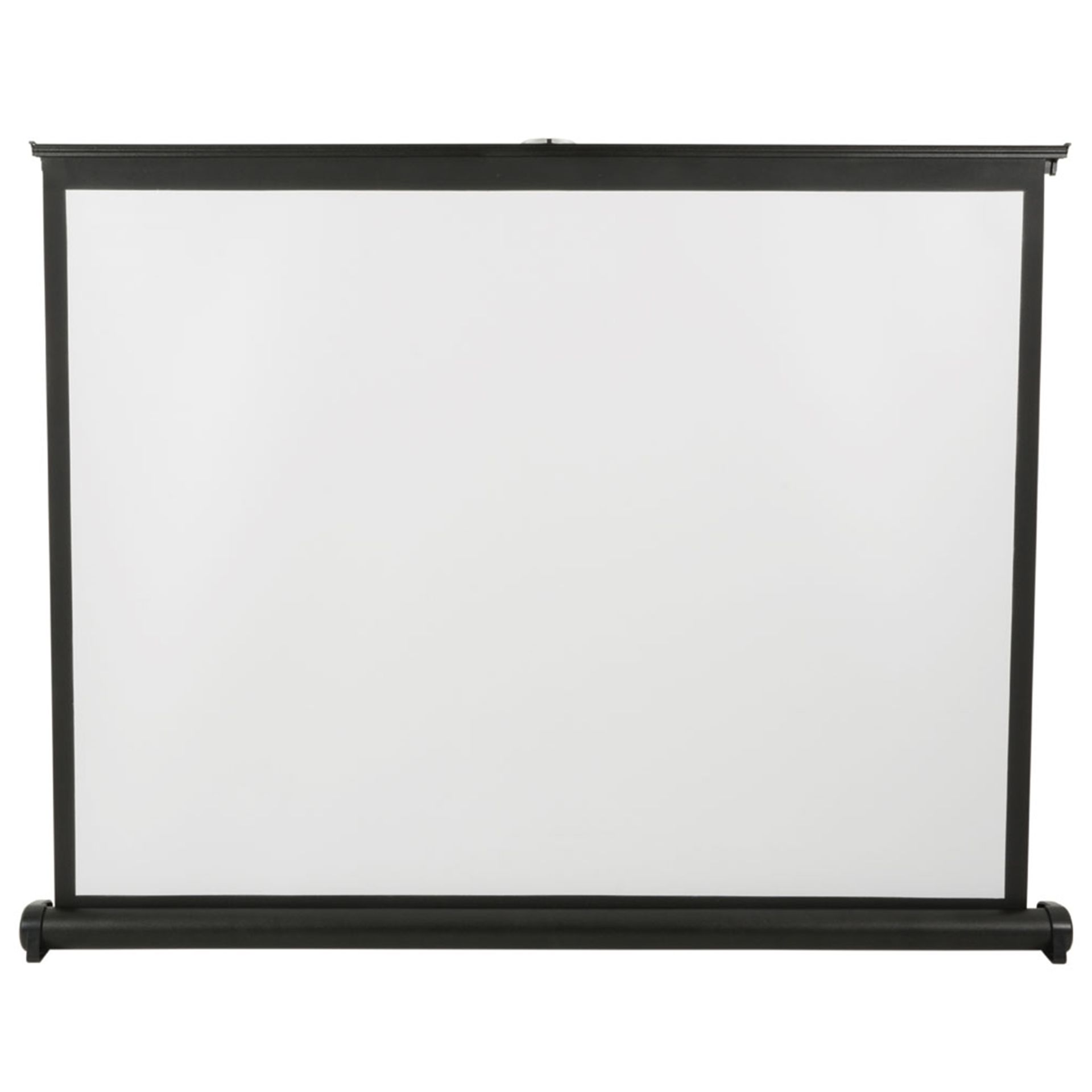
Personal Use
For personal use, projector screens bring the cinematic experience home and are ideal for various activities.
- Home Theater: A projector screen is a key component of a home theater system, offering a large, high-quality viewing surface for movies and TV shows.
- Gaming: Gamers can enjoy a more immersive experience with a large projector screen that displays games in vivid detail.
- Outdoor Entertainment: Portable projector screens are perfect for outdoor movie nights, barbecues, and other gatherings, providing entertainment for family and friends.
Choosing the Right Projector Screen
Assessing Your Needs
The first step in choosing a projector screen is to assess your specific needs. Consider the size of the venue, the type of event, and the projector you will be using. This will help you determine the size, gain, and type of screen that best suits your requirements.
Considering Installation and Portability
Decide whether you need a fixed installation or a portable screen. Fixed frame screens are ideal for permanent setups, while pull-down and portable screens offer flexibility and convenience.
Conclusion
Projector screens are essential for delivering clear and impactful visual presentations across various applications. By understanding the key features and purposes of different types of projector screens, you can choose the right equipment to enhance your events, shows, and personal viewing experiences
